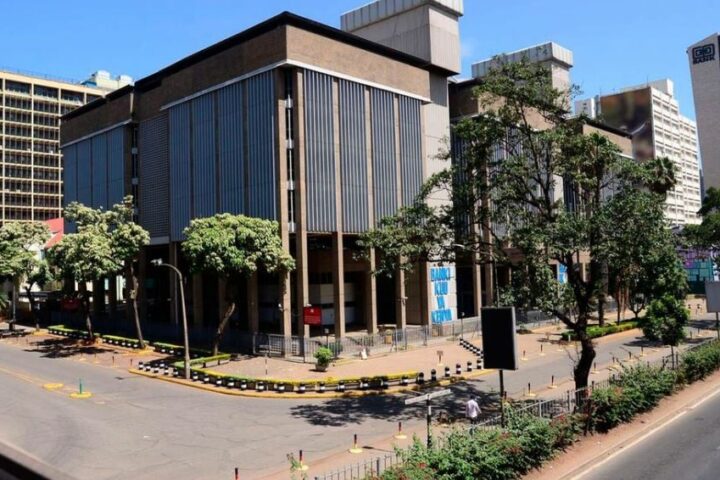 Hostels in Kenya universities have been turned into criminal, prostitution, and radicalisation dens, a report by the Commission for University Education (CUE) indicates.
Hostels in Kenya universities have been turned into criminal, prostitution, and radicalisation dens, a report by the Commission for University Education (CUE) indicates.
According to the report, universities have become hideouts and convergence points for criminals, especially in hostels.
“There are cases of active radicalisation cells in universities. Students are colluding with each other in hiding crime,” the report states.
It adds that there is prostitution in university hostels and increased cases of organised crimes where students are either involved or institutions acting as centres of crime.
“Ethnic and political alliances where national politicians engage university students during political campaigns; and laxity or little attention being given to security concerns in universities and constituent colleges are rife,” the report reads.
The report containing the shocking details was presented to Education Cabinet Secretary Amina Mohamed last week.
It is now being studied by the government in order for necessary action to be taken.
CUE has embarked on a radical transformation of the country’s university education. One of its proposals is the merger of several universities or closure of some since many have become unsustainable.
The commission also wants public universities to be allowed to raise fees to reflect the market realities, arguing that the current rate of Sh120,000 per student is unrealistic.
In another proposal, the commission wants the creation of a regional university system by merging universities within the same geographical locations and converting most of the existing universities into constituent colleges or campuses.
“This would be similar to the practice in the UK with University of London System, the US with California University System and in Rwanda where all universities were merged and placed under an umbrella University of Rwanda system,” the proposal that was presented to Education Cabinet Secretary Amina Mohamed last week reads.
The report titled “Policy Advisory on Rationalisation of Universities and Programmes in Kenya”, says the creation of the campuses from existing universities should be based on national development needs, existing infrastructure and resources, and regional balance.
“For example, in Mombasa, there could be a focus on marine ecology and oceanography and in Turkana a focus on arid lands and oil studies, but all as colleges of one national university. The rest of the public universities that do not fit this model will be closed,” the report proposes.






